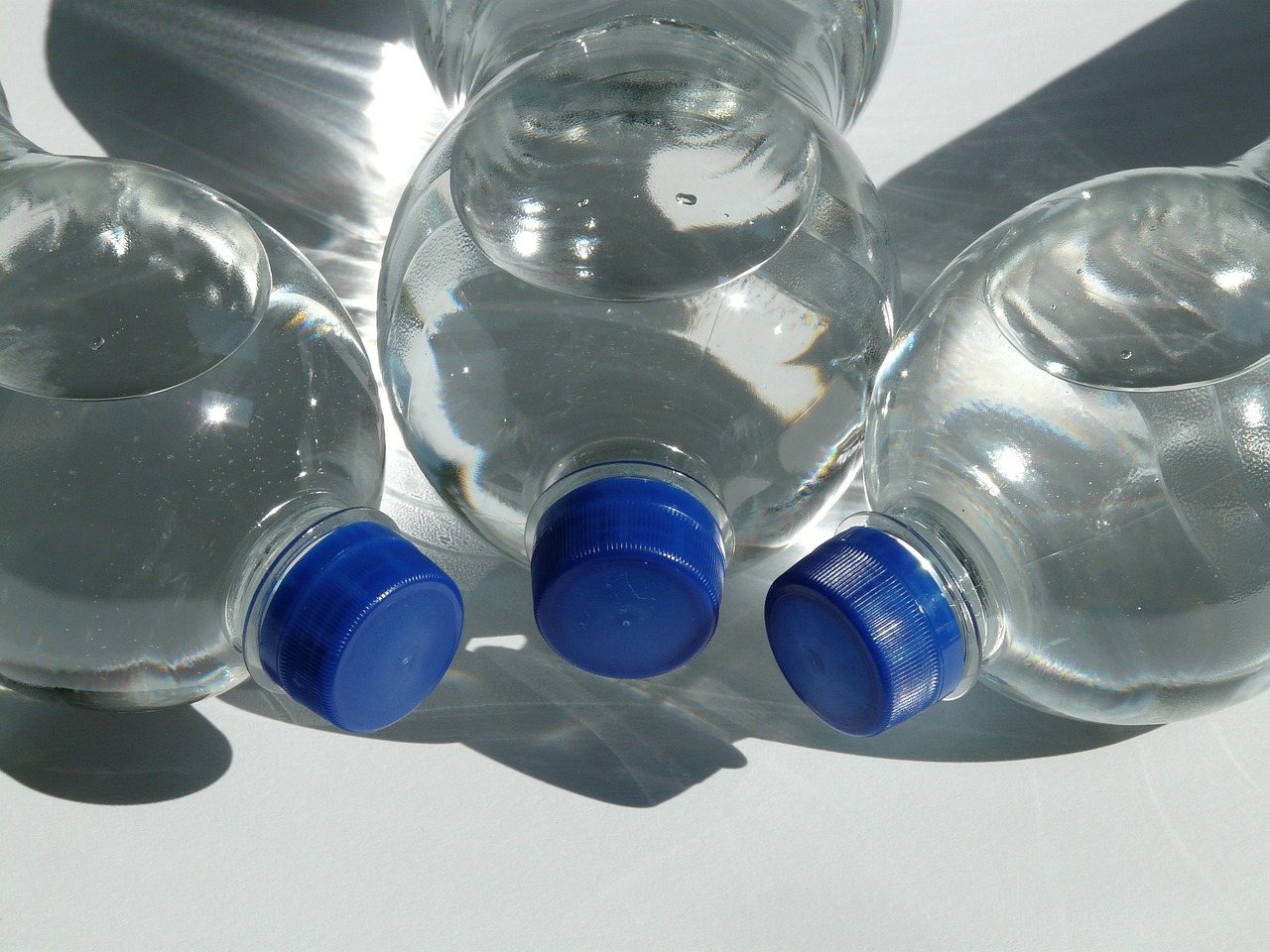People cannot have failed to notice recently that the screw caps have been tethered to some water, milk and juices bottles. This was a trial run that has prompted much debate online over the annoyance factor.
The environment department announced last week that from July 3 it will be mandated for all drinks’ containers under three litres. Those greater than that and those with metal caps or made of glass are exempt. The department warned manufacturers that any stocks that don’t comply with the EU legislation must be removed from the market by that date.
In the bigger scheme of things, the small annoyance to consumers, similar to being given useless paper straws, will become a fact of life and we’ll get used to it.
However, like with the paper straws, green solutions often fall victim to the law of unintended consequences like the low-sulphur fuel now being used in shipping actually contributing to global warming as published earlier this month.
A number of studies have also been done on the difference between plastic straws and paper ones and the news is not good for the green alternative.
According to the BBC, the UK government concluded that paper straws emit more greenhouse gases when they rot in a landfill compared with plastic because they contain more polyfluoroalkyl substances (PFAS). The carbon footprint of paper and biodegradable plastic straws is also greater than plastic.
What do plastic straws have to do with bottle caps?
In an article in Politico, the European Federation of Bottled Waters said that in the absence of any impact assessment by the European Commission, they asked PwC to do an independent study.
It found that tethered caps could use between 50,000 and 200,000 tonnes of additional plastic annually with exact amounts depending on the extent of technical changes required. It also found that the tethering would create an additional 58-381 million kg CO2 equivalent.
Even though the study was commissioned by the bottling industry, it doesn’t make the figures any less relevant.
Sometimes it seems as if the EU is taking baby steps, whether to appease industry or consumers that will prove more costly and damaging in the long run. Plastic bottles themselves are the problem, and tethering is likely to have a minimum positive impact.
Sometimes it appears that being seen to be doing something is more important than doing what will really work – fewer plastic bottles and better recycling incentives such as the bottle return machines that Ireland has rolled out despite the initial extra few cents on drinks.
But consumers are really the ones who can make the difference by declining to use plastic bottles. In Cyprus where environmental awareness is still lacking, this is an uphill battle.
Sometimes if you can’t incentivise or penalise enough to ensure change, a little science might prompt us to start filtering our tap water.
A recent study from Columbia University found that just one litre of bottled water could harbour anything from 110,000–370,000 plastic particles. Therefore, if our plastic use is killing the environment, rest assured it’s also harming us.






Click here to change your cookie preferences